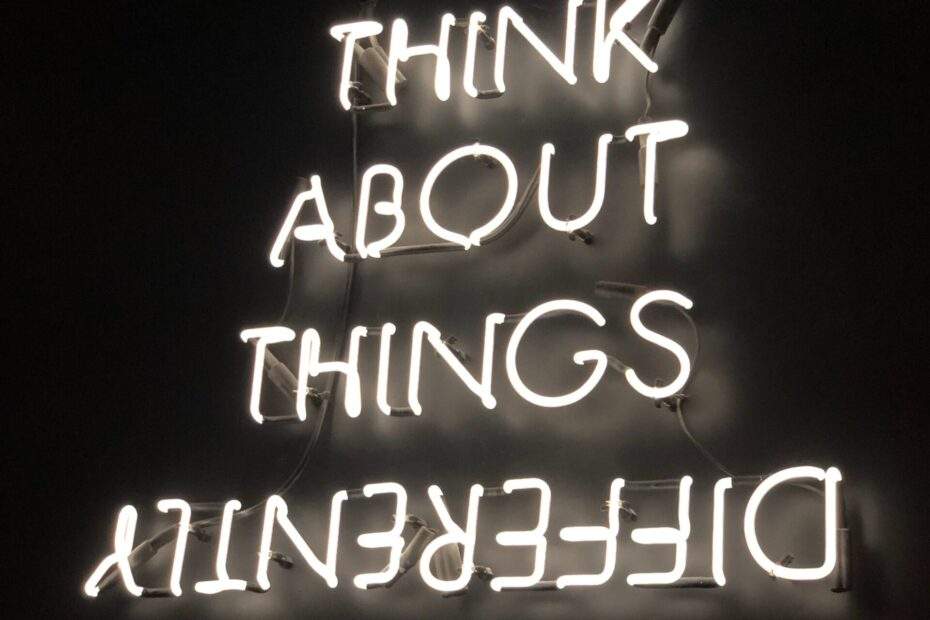I am 27 and I have never finished school! No mature exams, no official diploma, no systematic confirmation that I have any “education”. That did not stop me from giving workshops about emotion, needs and communication in systematic school in Poland the previous summer. Not only wasn’t my lack of formal education an obstacle, I truly believe that not finishing school was one of the reasons why I now do what I really want to do and really love. Let me take you down the rabbit hole of non-formal education and how it is different from what I knew from school 😉
First – let’s define what “education” is:
Education is the process of acquiring knowledge, skills, values, beliefs, and habits through teaching, training, or study. It encompasses formal schooling as well as informal learning experiences throughout life.

Alright! That is giving us some context. Please note that in the process of education you can acquire not only knowledge but also skills, values, beliefs, and habits! And this is exactly what is going on in schools on a daily basis! Unfortunately skills, values, beliefs and habits that I was learning in school weren’t really those which would then support me in my life… At least in the life that I am creating now.
- Skills – How to cheat? How to convince my teacher that I do not deserve punishment even though I did not comply with the demands given? How to fit into expected form? How to finish the thought after the teacher? How to think and act exactly how the authorities want me to? Or at least how to look like I do?
- Values – The most important thing is how they see me! They will judge me based on that, and that judgment is defining my opportunities in further development. I better create an image of a very smart, hard working person! That is what counts. It is also important to think and act as the “system” expects, because that is ensuring me the best grades.
- Beliefs – There is a good way, and bad way of doing literally everything! Degree to which I am able to fit into the expectations of others equals the degree to which my needs can be met.
- Habits – Learn what they tell me to learn. Read what I have to read. Write what I have to write in a way that is expected. Do whatever I am told to do. Never listen to myself, always listen to authorities.
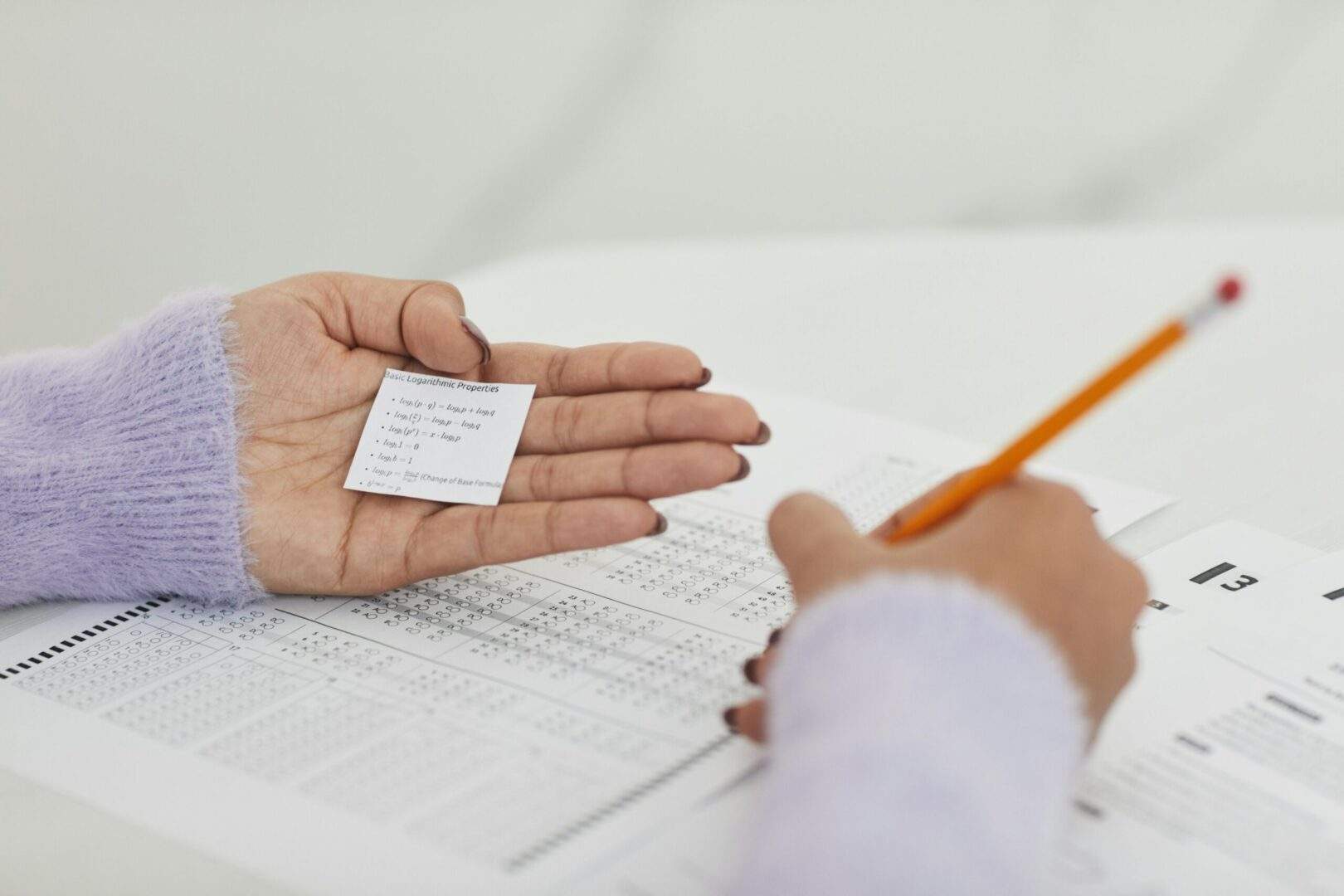
Don’t get me wrong, I do not want to say here that school is all bad. It is just that in my case (how about you?) it was set in a way that was killing my natural curiosity and totally did not care about my needs. Oppositely to non-formal education:
Non-formal education is structured learning outside traditional schools, flexible in timing and methods, targeting diverse learners including adults, individuals with special needs through programs like workshops, vocational training, and community classes.
Are you curious what that kind of process might look like? Do you want to know, what are some of the methods mentioned above? And finally, do you want to know why I believe that it is a much more supportive form of education for young human beings than the formal one? If your answer is “Yes”, at least to one of these questions, you are in the right place! I will describe training for volunteers that I attended and share my experience of it 😉
Mid Term training that I have attended was a continuation of On Arrival training. These trainings are obligatory for all ESC long term Volunteers coming to the Czech Republic, and are organized by the National Agency. Just to give you an overview – On Arrival was a training that was supposed to provide a space for me to reflect on my motivation for the European Solidarity Corps and volunteering, prepare me for my stay in Czechia, help me to set goals of my Volunteering, foresee challenges that might be ahead of me and let me prepare for them in the best way possible.
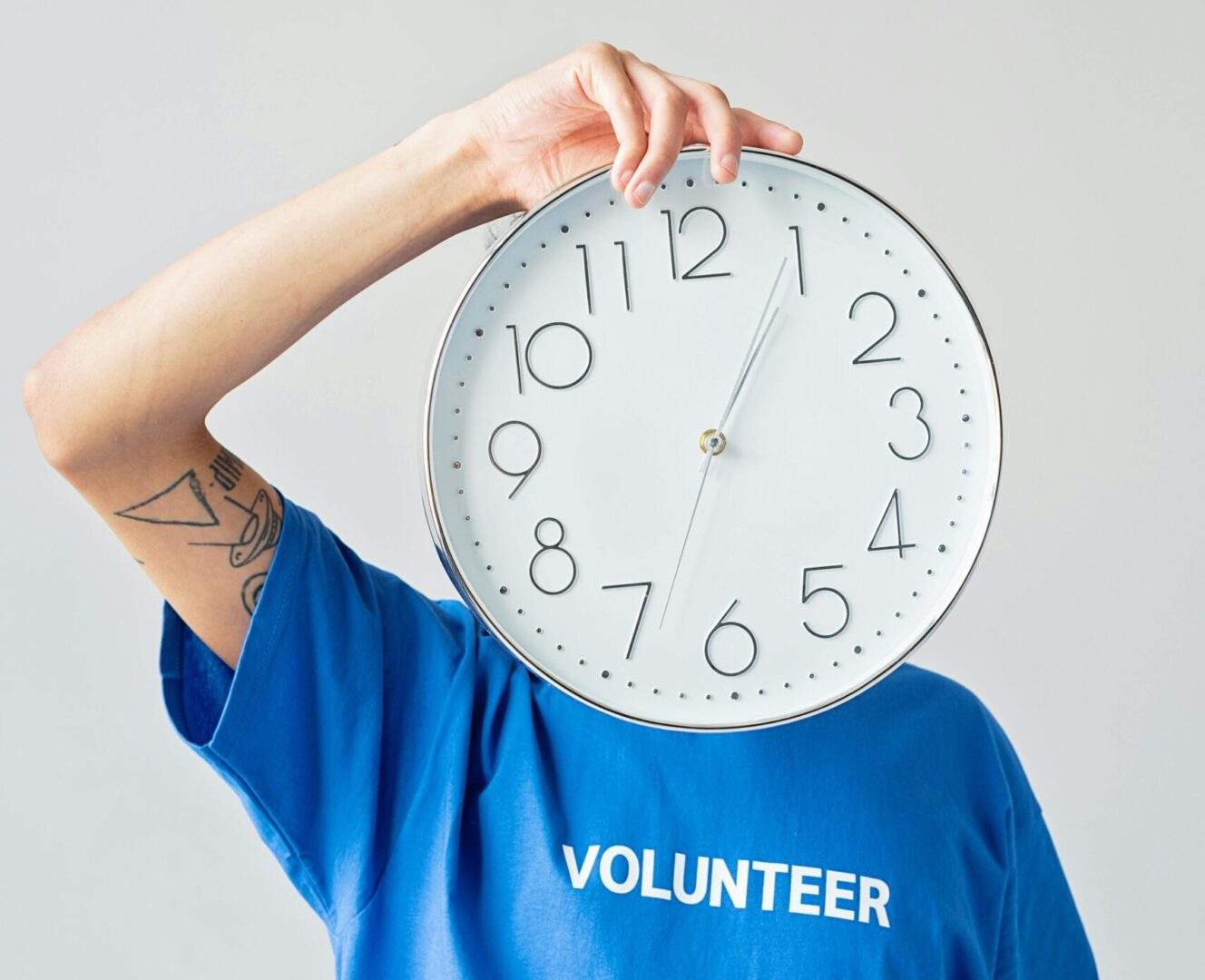
It all starts with an invitation in the form of an email that I receive. Part of the invitation says:
The midterm meeting provides a space for you to reflect on your experience so far, find solutions for any difficult situations and plan the remaining part of your project. You will have a chance to:
– look over your experience so far and evaluate it,
– get to know other volunteers who may be in the same situation as you, make new friends and possibly plan trips/events together,
(…)
– get inspiration for and plan the next part of your project.
Then I just need to feel in the registration form, where I am asked different technical questions, but also stuff like:
- What are your expectations for Mid-term training?
- How can you contribute to the training? – that question moved me a lot honestly. Here we have first example how insanely far formal and non-formal approaches are from each other. The ‘teacher’ is inviting ‘student’ to co-create process of education in the stage of preparation! Isn’t that amazing? For me that ‘offer’ was symbol of empowerment. Was a symbol of being on the same ‘level’ with teachers. There is no hierarchy here, we just have different functions!
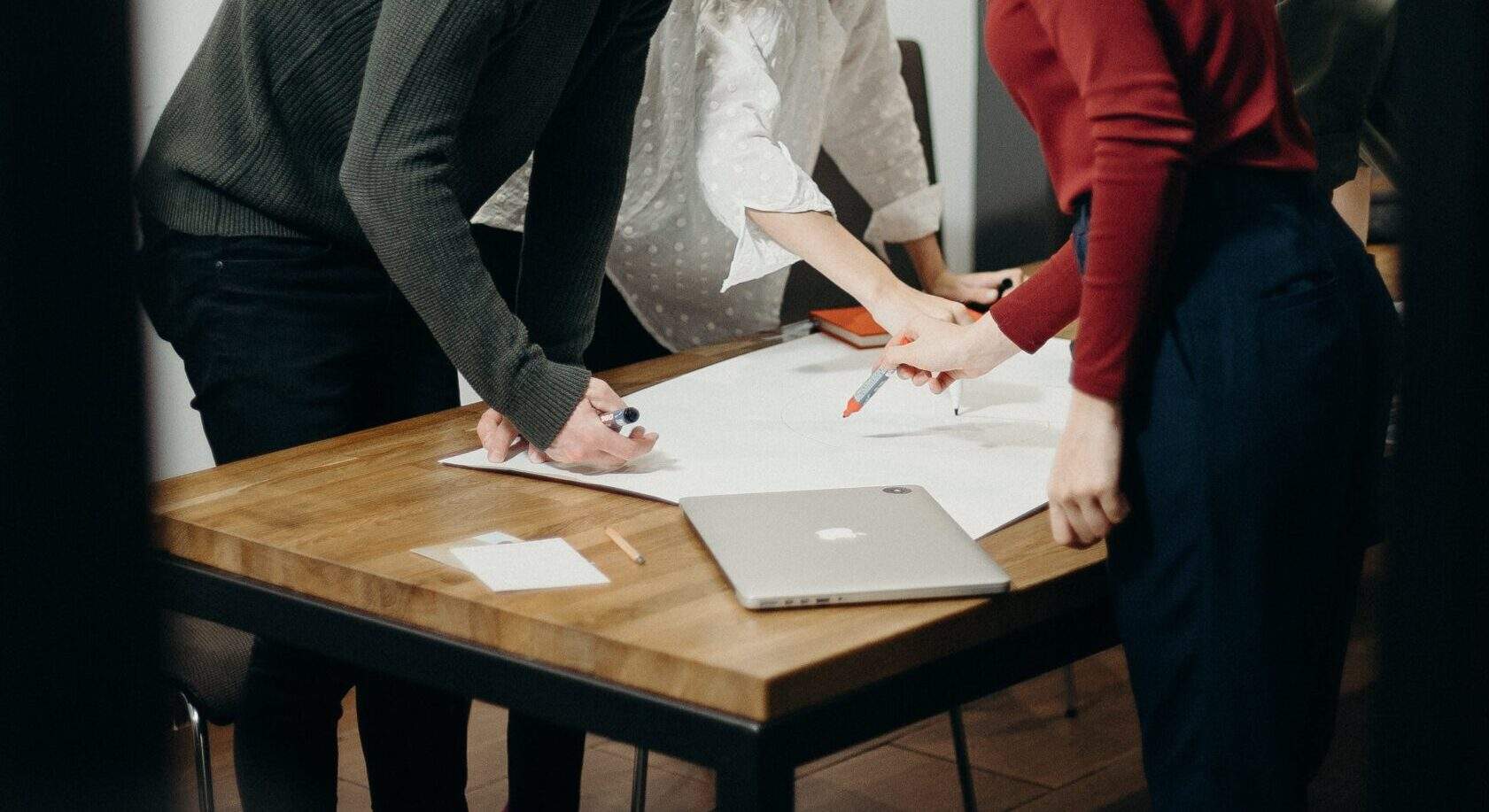
I guess my answer was something about Non Violent Communication that I am deeply passionate about and I love to share my knowledge with other people. Few weeks later I received a proposal from one of the facilitators to prepare a short workshop together. Topic: NVC and how this tool might be applied in resolving conflicts in the life of a volunteer. I was feeling so excited! Week before the training we had a call where we had planned the workshop!
Here is a report from the training itself. My comments are written in italics.
February 26th, Monday 16:30. I arrive at Němčice, where the course is taking place.
I register, pick up the key to my room, and leave my stuff there. Then I just grab some snack and drink, and head to the training space.
After a short warm-up we sit in the circle and for the next one and half hour dedicate time to get to know each other better. That is done in a form of different name games, “speed dating” where we ask each other questions like “What does my perfect day look like?” or “What makes cooperation in teams successful for me?”. From this question we derive “rules” that we all agree to follow in upcoming days.
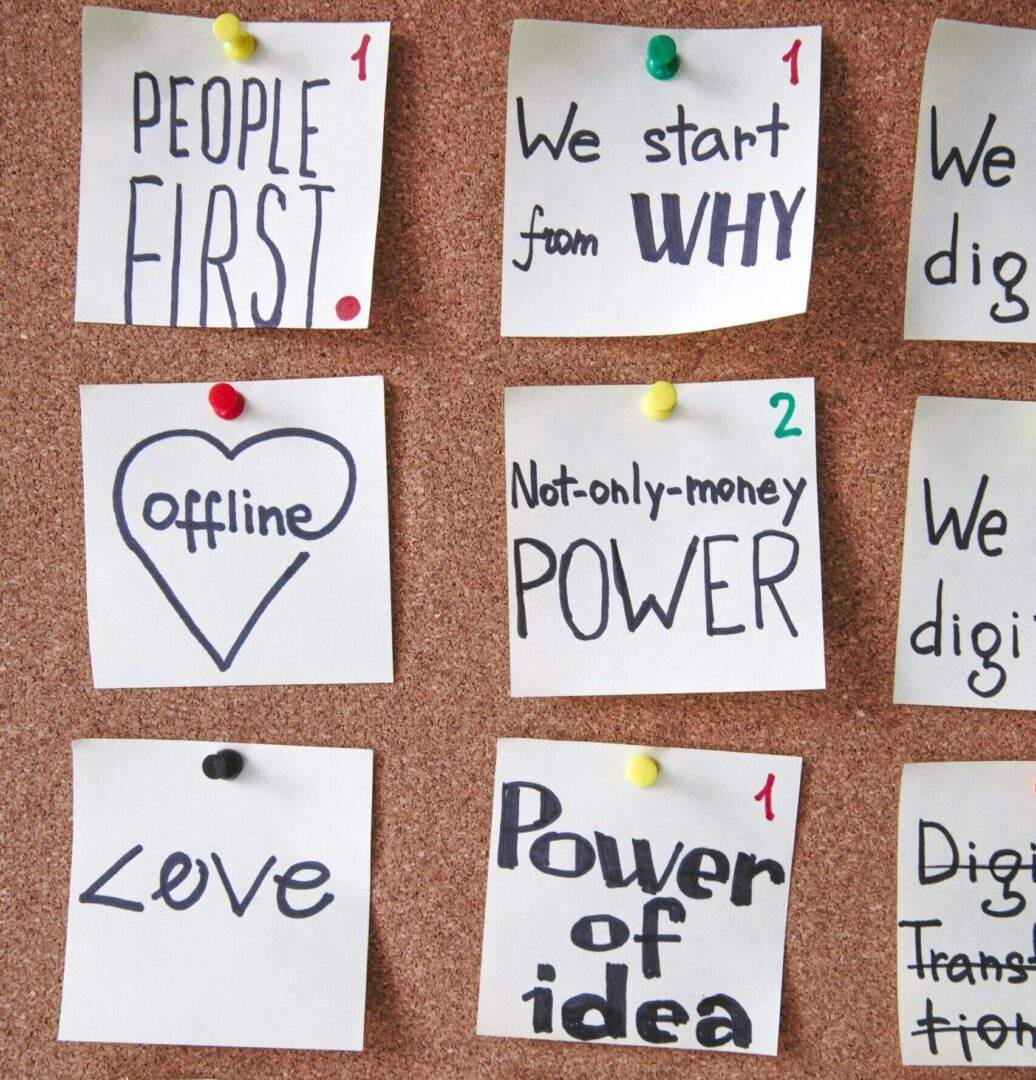
I really liked that we have set the rules for ourselves based on what is important for us. It was our deal that we all decided to make. We did not follow any rules imposed on us, it is was consensual choice. That was yet another enormous difference between authoritarian system that rules in normal school and consensus-based approach from non-formal education! For me consensus is a base for all working systems!
19:00 DINNER BREAK
20:00 Success + Failure
In this block all participants share their two stories with pictures. One describes their success in the project that they are in, second is about failure. We use Elevator Pitch framing, having 30 sec. per story.
That was really helpful! It is a great relief to hear that not only do I have troubles with communicating in Czech language when I do shopping. On the other hand it was a great inspiration to see how others succeed. Initiatives that they took, gave me a lot of ideas of what I could do. Both inspiration and support flowed both directions <3
21:00 Day is done. Time to get proper sleep and restore energy for tomorrow.
Tuesday, 8:00 BREAKFAST
9:30 First ten minutes we get to know what is planned for the day. Then we proceed to the game:
We stand in a circle, one of us is holding a ball. We start by throwing the ball to each other in a way that everyone gets to throw the ball once. That creates a sort of order in which a ball is thrown between participants. The goal is to throw the ball as quickly as possible in the correct order, so that all of us are involved and no one drops the ball. We are then given two more balls (three in total) which we must throw in parallel so that they do not hit each other, are thrown in the correct order and do not fall. Time is being measured. We finish with reflection answering questions like “What was our strategy and why?” “Was it successful?” “How did we feel in the process?” “What would we change and what not?”
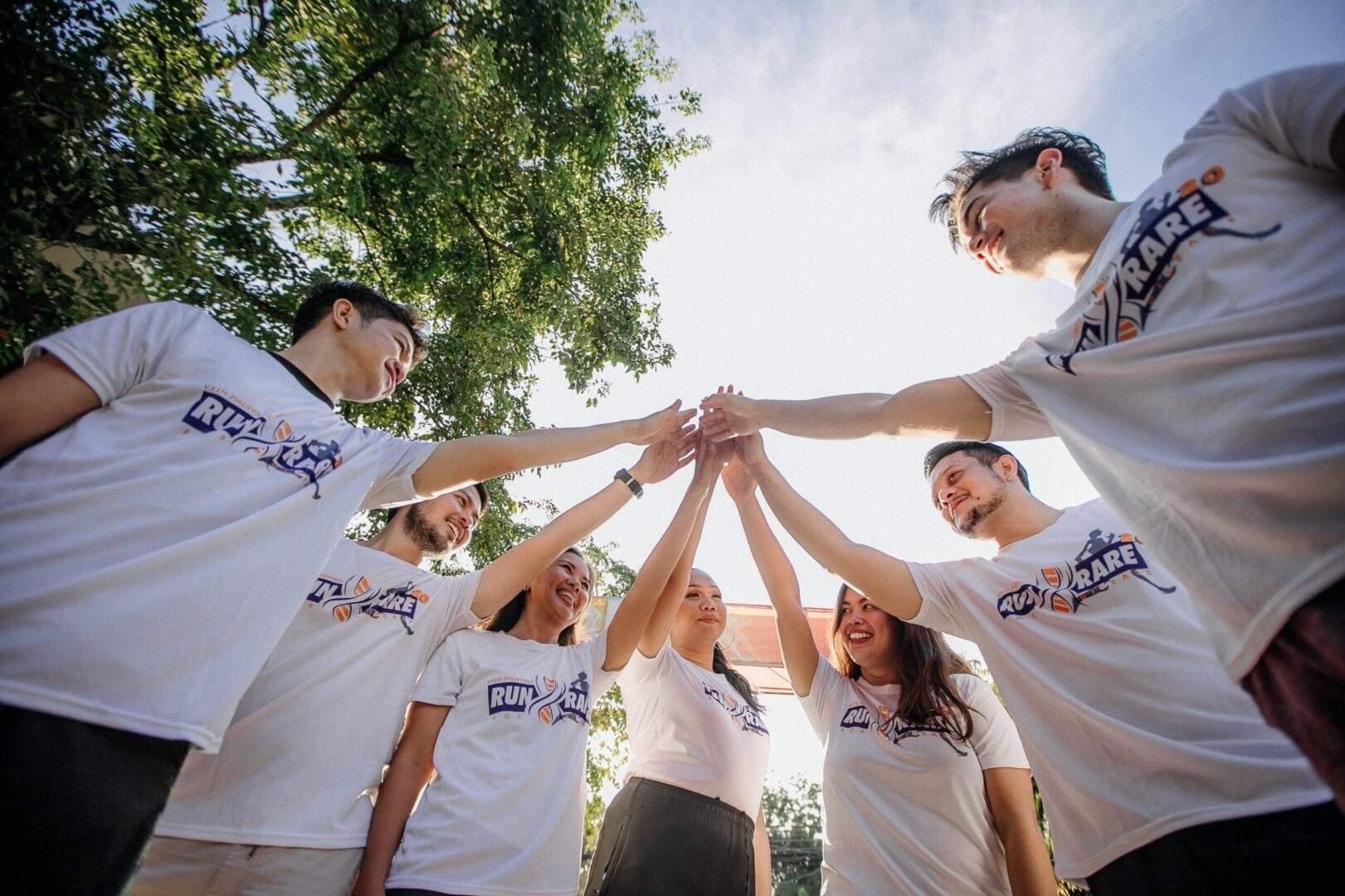
That was pretty fun but also stressful. We were really dependent on each other, everyone wanted to perform the best for the sake of team success. That parallel to our volunteering helped us to define what each of us values in teamwork, what kind of working environment is the most supportive for every one of us. I have learned that stress isn’t very supportive for me, and I get to be the most effective when I am having fun while doing stuff. Can you see some differences between that, and for example physical education? The real aim here wasn’t to get the best result at the end! The goal was to EXPERIENCE how it feels to work in the team, how I FEEL, when I know that the team success depends on me. Goal was to gain self-knowledge, so I can move through life with better recognition of my preferences and needs. Priceless! 🙏
10:15 Self – Reflection
Now it is time to reflect on goals and visions that we set for ourselves at On Arrival. Individually everyone asks themselves:
- Why did I choose these goals back then?
- On a scale of 1-10, how would I rate the success of my vision?
- Are these goals still relevant to me? Why? If I could go back in time, would I change them?

Then we have a chance to discuss it in pairs!
It was great to hear how other people had it, give feedback to each other, and point out stuff that we would not realize if not someone to observe it! By the way, I really need to emphasize here that no one was judging my development. In normal school, I was doing stuff, and then teacher was evaluating my progress, or ‘correctness’ of the outcome. Here I was evaluating it myself, and ‘correctness’ was not an issue. Strong narrative that everyone’s path is very unique, grows thru that reflection. No one is better, or worse. We are all just human beings trying our best! There is no good way, or a bad way to get somewhere. Kind of opposite vibes than normal school is giving…
11:00 COFFEE BREAK
11:30 Emograph
Every individual creates a graphic representation of how did their emotions fluctuate throughout last months, while they were volunteering, marking significant experiences. Afterwards we share in groups of three.
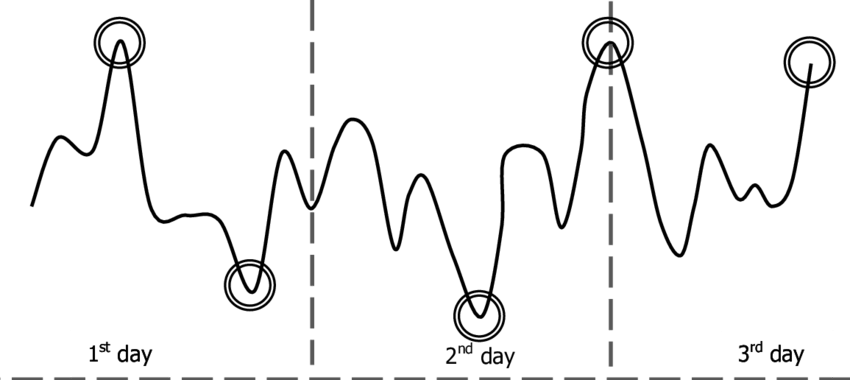
What I could observe was very similar pattern for most of participants… I remember at On Arrival, we were discussing shortly ‘Emotional Cycle of Change’, and how being in completely new environment might affect us. There was a graph, that contained expression: ‘uninformed optimism’ – “That’s me!” – I thought to myself (haha). So surprisingly, most of the graphs were roughly reflecting the one that you can see below. Second thing that all these emographs reminded me, was my post about the cycles (most of bottoms were in december): Clarity on role of Cycles.
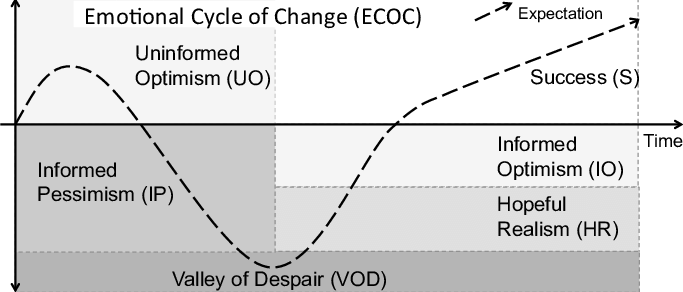
13:00 LUNCH BREAK
15:00 Game about Youthpass.
The group is divided into 4 teams, 4-5 people each. There is a special place prepared for each team, with deck of ‘quest’ cards, and ‘point cards’. All cards are divided into 8 different categories, what corresponds to 8 key competencies in Youthpass. We start a competition between team members, where one of us (different for each round) is responsible for facilitation, and evaluation competitors outcome. Facilitator takes a card and reads a ‘quest’. For example:
Facilitator is giving participants 6 numbers, between 1 – 30. Their task is to count the sum and say it out loud first.
Then they make sure that everyone ‘is on the same page’ setting additional rules, according to their preference, for example:
– I will be giving you one number every 5 seconds;
– You cannot use any paper or phone to count, only adding mentally;
‘Winner’ is getting a ‘point’, and we are switching roles, picking up next ‘quests’ so everyone gets to facilitate few times.
That made it a looot easier to find a connection between certain activities and 8 key competencies. This stuff sounded pretty abstract to me, when I first encountered it 😮 If you want to know more what I am talking about, here you have a short summary:
Youthpass is a tool developed by the European Commission in the framework of the Erasmus + program. It is aimed at recognizing and documenting learning outcomes and experiences gained through participation in youth projects, such as volunteering, training courses, exchanges, or youth initiatives funded by the European Union.
Youthpass provides a way for young people to reflect on their learning experiences, skills, and competencies acquired during these projects. It consists of three main components:
1. Youthpass Certificate: This is a formal document that participants receive after completing a youth project. It includes information about the project, the participant’s personal details, and a description of the learning outcomes and skills acquired.
2. Youthpass Process: The process involves self-assessment, reflection, and the identification of learning outcomes. Participants are guided through structured activities to help them recognize and document their learning experiences.
3. Youthpass Recognition: Youthpass aims to promote the recognition of non-formal and informal learning. It helps participants communicate their skills and experiences to employers, educational institutions, and other stakeholders.
Overall, Youthpass enhances the quality and recognition of youth work and non-formal learning experiences, contributing to the personal and professional development of young people across Europe.
If you want to read detailed description of 8 key competences go here;
16:30 COFFEE BREAK
17:00 Interviews
We are going to ask each other questions about our learning experience corresponding to key competencies. We are divided into teams of three:
- Interviewer (asks questions);
- Interviewee (answers);
- Reporter (takes notes of what they hear);
Each team receives prepared previously questions. After 10 minutes of the interview, the reporter have 2 minutes to summarize what they have heard. Then we switch roles, so everyone gets to be in every role.
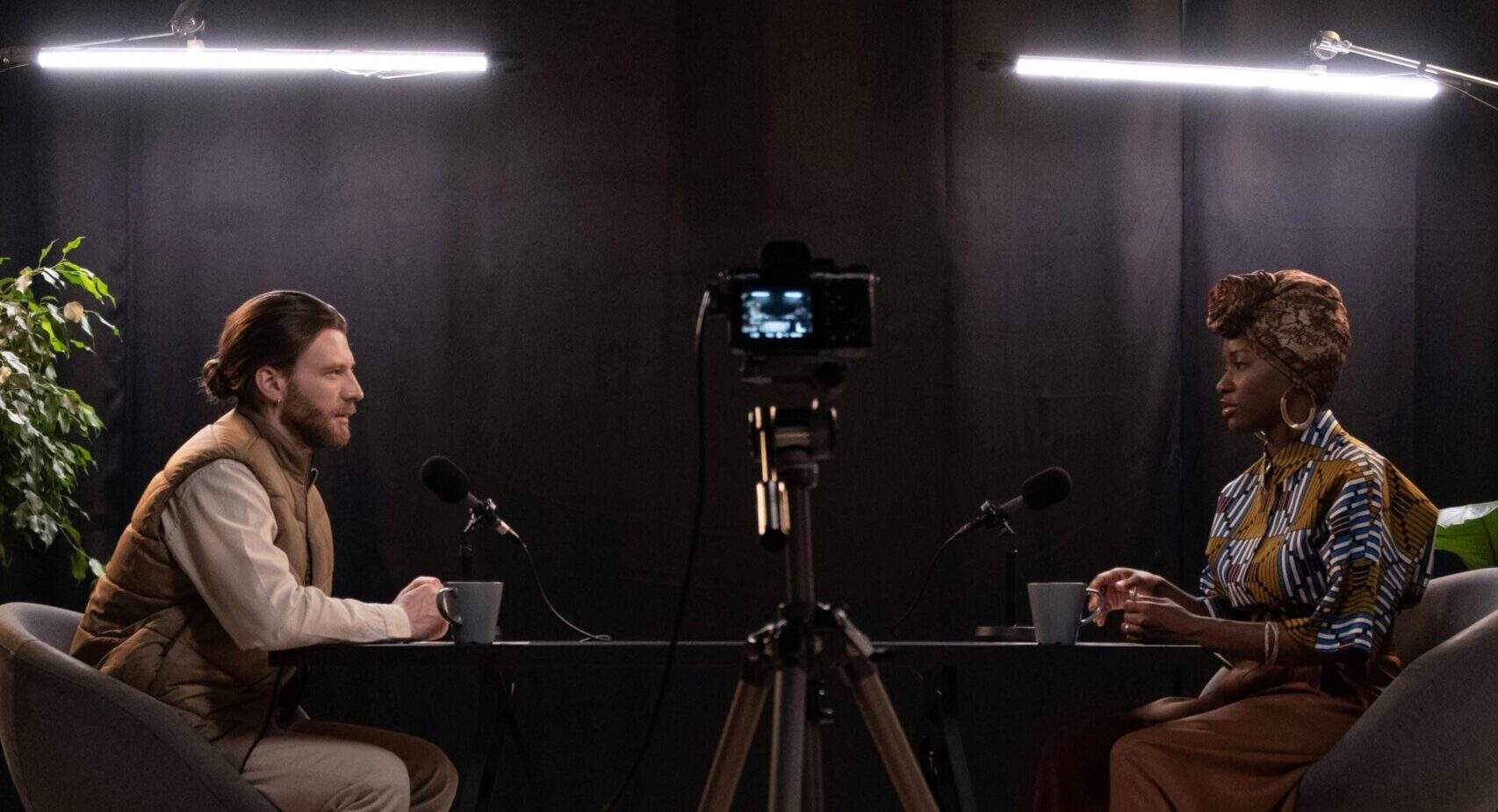
I really loved that one! It was a great 40 minutes to spend with just the three of us and play with this format. We were having fun, getting into roles, imagining that we are now in some TV show, or on a popular YT chanel. Questions were encouraging us to look back and reflect strictly on our learning experience, and extract these lessons. I really enjoyed both answering and asking “Which things in your project had you never done before? – How did it feel?” and “Can you recall moments where you felt ‘Yes, now I’m learning’?” I realized that I love to ask and answer questions! I guess it is about attention… I love attention 😀 I love getting it, and giving it fully to others… For me, the biggest challenge was to be in the position of reporter. When someone was talking, formulating their thought on the spot, and I was the one to capture the essence of their sharing, and present it afterwards.
Do you want to know what was next? Are you curious about how the NVC workshop went? Do you have any thoughts on education and different approaches to it? Leave me some comments below, and we will continue this journey in the next blog post! Stay tuned!
~Aleksander
